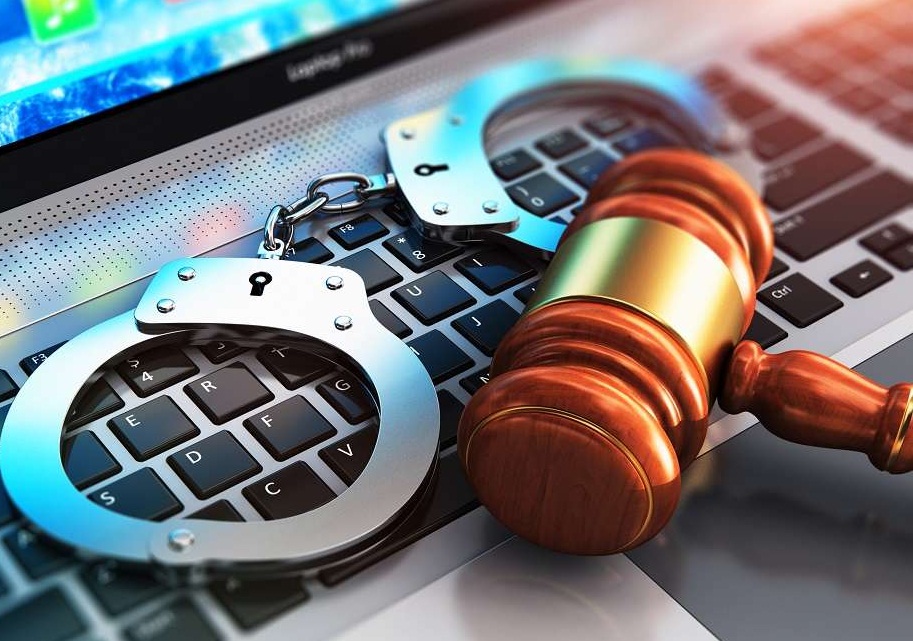Cybercrimes Act due for amendment, says FG

Andrew Orolua, Abuja
The Federal Government has directed the Federal Ministry of Justice to pursue the amendment of the Cybercrimes Act, which many lawyers, journalists and activists considered repressive, unconstitutional and illegal.
Head, cybercrimes prosecution unit of the federal ministry of justice, Mr. Terlumun George Tyendezwa, disclosed this on Tuesday at a media interactive session on the ‘Constitutionality and Legality of the Cybercrimes Act in Nigeria’, organized by the Socio-Economic Rights and Accountability Project (SERAP) in collaboration with the National Endowment for Democracy (NED), USA.
Mr. Tyendezwa said: “The Cybercrimes Act is not perfect. One of the reasons why I am here is that I have an open door, we want to engage on the Act. We are interested in engaging with all stakeholders in the Justice sector. Whatever is not useful, we can seek amendment on this.
“From the point of passage, we as the operators knew that there were things that need to change. We are presently collating memoranda on amendment of the Act. But amendment takes time and cost money.”
“We know the importance of law as a social driver. The office of the Attorney General of the Federation and office of the minister of justice continues to place high value on entrenched fundamental human rights and engaging with all stakeholders on the Cybercrimes Act.
Group of lawyers, journalists, activists and other stakeholders had earlier during the meeting unanimously declared the Nigeria’s Cybercrimes Act as “repressive, oppressive and unconstitutional.
The Act, they said should immediately be repealed or dropped, as many of its provisions blatantly offend the rights to freedom of expression, association and media freedom.”
The group also called on the next Attorney General of the Federation and Minister of Justice to “prioritize challenging in court the constitutionality and legality of the Cybercrime Act, which is antithetical to respect for freedom of expression including online and the government’s commitment to fight grand corruption.”
Participants at the interactive session were drawn from the Premium Times Centre for Investigative Journalism (PTCIJ), National Human Rights Commission, Amnesty International, Wole Soyinka Center for Investigative Journalism, Media Rights Agenda, the German Consulate, Director General of the National Orientation Agency among others.
Earlier, Mr Tayo Oyetibo, SAN in his paper titled The Constitutionality and Legality of the Cybercrimes Act in Nigeria stated: “the supremacy of the constitution over every other law is an immutable principle of Nigerian constitutional law derived from the provisions of section 1(3) of the constitution itself.
In creating criminal offences, section 24(1) of the Cybercrimes Act uses words that are entirely subjective in meaning to describe the actus reuselements of the offences, despite the fact that the actus reus of an offence ought to be capable of objective and not subjective definition,” he stated.
According to him, “worse still, the Cybercrimes Act makes no effort to give certainty to the meanings of any of the words used in its section 24(1) by defining them anywhere in the Act, which means that only judicial definitions can be given to those words in any case where a person is charged with an offence under section 24(1) of the Act.”








